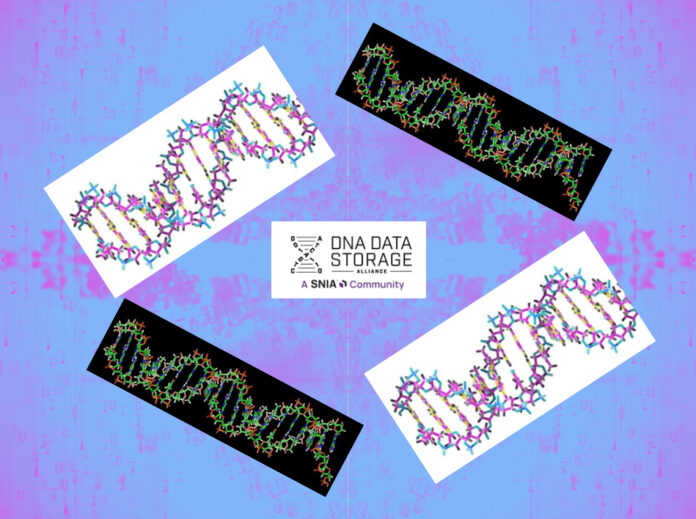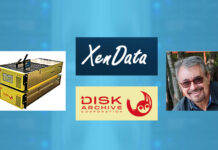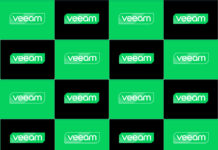The SNIA’s DNA Storage Alliance has published a 52-page technology review looking at the data encode/decode tech, commercial readiness metrics, and the challenges ahead.
DNA data storage relies on the encoding of digital information using sequences of the four nucleotides in strands of DNA. The four nucleotides are adenine (A), guanine (G), cytosine (C), and thymine (T), and they are found in the double helix formation of the DNA biopolymer molecule, located in the cells of all living organisms. Synthetic DNA can store data in a form orders of magnitude smaller than other storage media and can endure for centuries. It relies on chemical reactions at the molecular level and these are slower than electrical operations in semiconductors. Therein lies its core challenge.

DNA data storage has been demonstrated in research projects, but the data write/read speeds, as well as equipment size, complexity, and cost, are all far from any successful commercial product. This technical document reviews the field, looking at the DNA codec, synthesis, storage and retrieval, sequencing, and commercialization challenges.

A look at the challenges reveals five: data throughput, total ownership costs, media endurance and data retention metrics, bio-security and data security, and standardization. On the throughput topic, the paper reveals: ”The requirements for moving data into and out of traditional storage far exceed the current capabilities of writing and reading DNA in biotechnology use cases.”
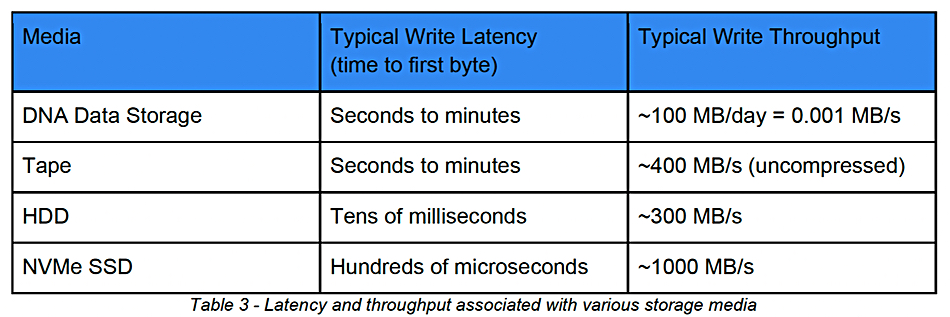
It says: “The most fundamental challenge for DDS (DNA data storage) systems is to increase the throughput of DNA write and read operations. The underlying write and read operations for DNA are relatively slow chemical reactions (high latency), so the emphasis for increasing throughput involves enabling parallelism.”
It recommends: “DDS technology providers must increase the throughput of the underlying write and read operations, as well as reducing the time required to move molecules between operations, all while maintaining a competitive TCO for the use case at hand.”
The paper ends on an optimistic note: “While DNA data storage is still quite nascent and there remain significant challenges to commercialization, the foundations of writing, storing, retrieving, and reading data using DNA have been shown to work on scalable technology platforms. Moreover, the ongoing investment in DNA technology, driven by biological and scientific applications, will continue to drive innovations that enhance DNA data storage capabilities.”
DNA data storage will augment, not replace, existing archival storage technologies, “resolving the ‘save/discard’ dilemma with a viable TCO for zettabyte scale and data preservation.”
Use cases, it says, will emerge over the next three to five years for DNA archival data storage.
The paper has lots of terminology that will be unfamiliar to people working with electricity-based digital storage, such as homopolymer, oligonucleotide, ligation, and polymerases, but that’s because it’s molecular organic chemistry. The document is freely downloadable and an excellent introduction to DNA data storage.
Bootnote
The DNA Storage Alliance is an SNIA community, with around 35 members and a six-member board:
- Esther Singer, Director, DNA Data Storage. Twist Bioscience
- Stephane Lemaire, Co-founder and Senior Innovation Officer, Biomemory
- David Landsman, Director Industry Standards, Western Digital
- David Turek, CTO, Catalog
- Marthe Volette, Director of Technology, Imagene (an AI biotech company in Israel)
- Julien Muzar, Technologist, Life Science, Entegris (8,000 employee supplier of advanced materials and process solutions for the semiconductor and other high-tech industries)
Twist Bioscience is a member and has board representation and recently changed its stance towards DNA data storage. It spun off its DNA business as Atlas Data Storage, a commercializing startup led by Varun Mehta, co-founder and CEO of HPE-acquired Nimble Storage. Twist retains an ownership stake and Atlas raised a $155 million seed funding round in May. We expect Atlas will take over the Bioscience membership and possibly its board position.
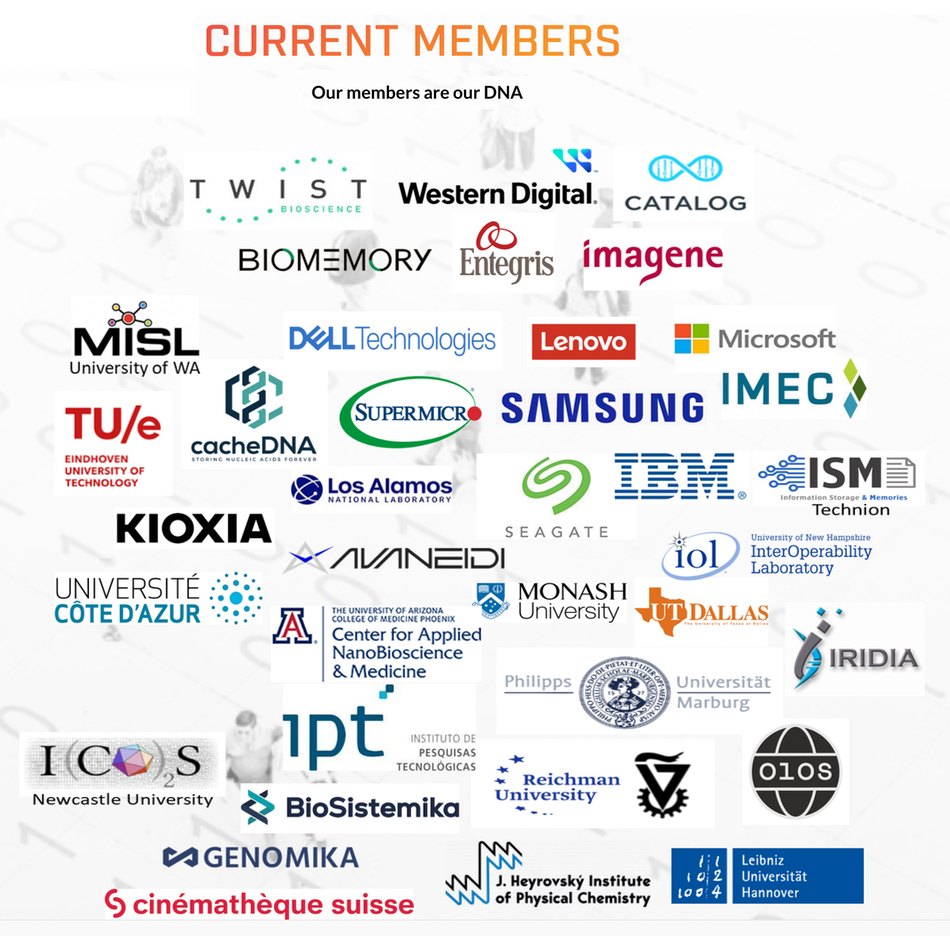
Esther Singer is still a Twist employee, being Director of Product and Market Development. In our opinion, the three most important DNA storage technology companies are Biomemory, Catalog and Atlas Data Storage.


